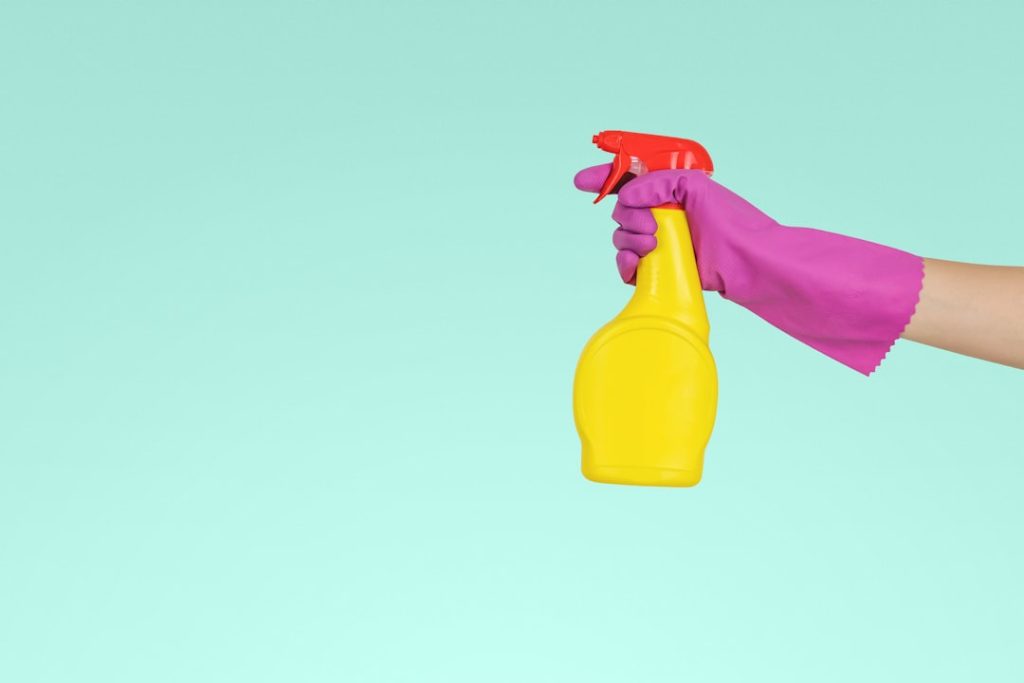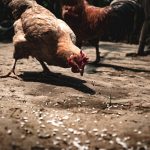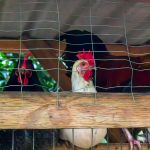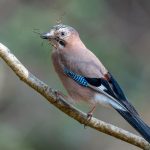Chickens are vulnerable to various parasites that can impact their health and productivity. Common parasites affecting chickens include mites, lice, fleas, ticks, and worms. These parasites can cause skin irritation, feather loss, anemia, and reduced egg production.
Chicken owners should be knowledgeable about the signs of parasite infestations to implement appropriate interventions. Mites, specifically scaly leg mites, are arachnids that can cause thickening and crusting of the scales on chickens’ legs. Lice are insects that irritate chickens and damage their feathers.
Fleas and ticks can also infest chickens, causing similar issues. Internal parasites such as roundworms, tapeworms, and coccidia affect the digestive system and overall health of chickens. Recognizing the symptoms of parasite infestations is essential for effective treatment and prevention in chicken flocks.
Regular monitoring and proper management practices can help maintain the health and well-being of chickens by minimizing the risk of parasite-related problems.
Table of Contents
Key Takeaways
- Common chicken parasites include mites, lice, and worms, which can cause discomfort and health issues for the birds.
- Keeping the coop and environment clean is essential for preventing parasite infestations and maintaining the overall health of the chickens.
- Natural remedies such as diatomaceous earth and herbs can help prevent and treat parasite infestations in chickens.
- Regular health checks and monitoring for signs of parasites are important for early detection and treatment.
- Providing proper nutrition and hydration is crucial for supporting the immune system and overall health of the chickens.
Maintaining a Clean Coop and Environment
Regular Cleaning and Disinfection
Regular cleaning and disinfection of the coop, nesting boxes, and roosting areas can help to reduce the risk of parasite infestations. Removing old bedding, droppings, and debris from the coop on a regular basis can help to eliminate potential breeding grounds for parasites.
Keeping the Surrounding Area Clean
Additionally, keeping the surrounding area free from tall grass, weeds, and brush can help to reduce the risk of mites, lice, fleas, and ticks infesting the coop.
Using Dust Baths and Diatomaceous Earth
In addition to regular cleaning, providing chickens with dust baths can also help to prevent and manage parasite infestations. Dust baths allow chickens to coat themselves in fine dust or sand, which can suffocate and repel external parasites such as mites and lice. Adding diatomaceous earth to the dust bath area can further enhance its parasite-repelling properties. By maintaining a clean coop and environment, chicken owners can help to reduce the risk of parasite infestations and promote the overall health and well-being of their flock.
Implementing Natural Remedies and Preventative Measures
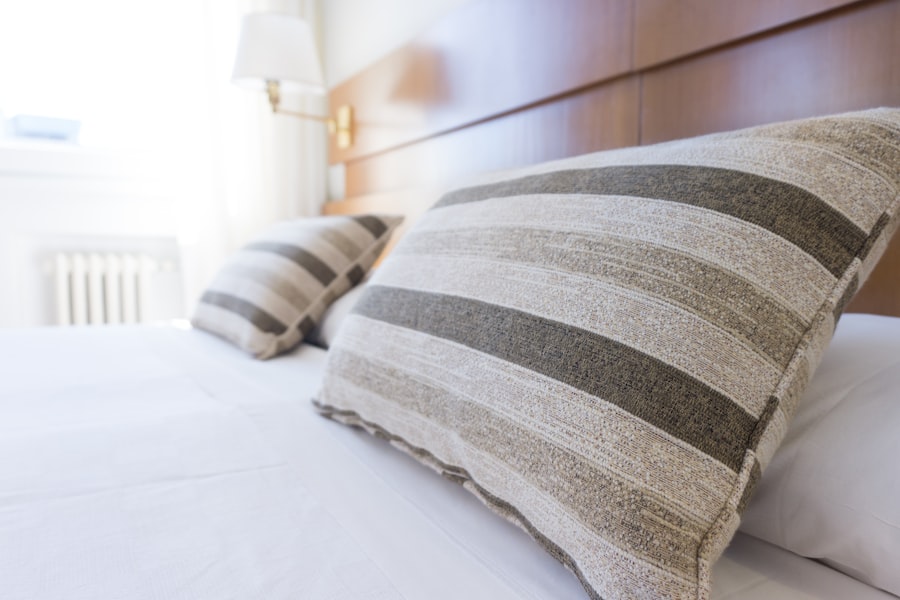
In addition to maintaining a clean coop and environment, there are several natural remedies and preventative measures that chicken owners can implement to manage and prevent parasite infestations in their flock. For external parasites such as mites and lice, applying natural remedies such as neem oil, garlic oil, or essential oils can help to repel and kill parasites without the use of harsh chemicals. These natural remedies can be applied directly to the chicken’s feathers and skin or added to dust baths to provide ongoing protection.
Incorporating herbs with natural parasite-repelling properties into the chickens’ diet can also help to prevent parasite infestations. Herbs such as garlic, oregano, thyme, and mint have been shown to have natural anti-parasitic properties and can be added to the chickens’ feed or water on a regular basis. Additionally, providing chickens with access to fresh pasture and outdoor foraging opportunities can help to reduce the risk of parasite infestations by promoting natural behaviors such as dust bathing and foraging for insects.
Regular Health Checks and Monitoring
Regular health checks and monitoring are essential for identifying and addressing parasite infestations in chickens. Chicken owners should routinely inspect their flock for signs of parasites, including feather loss, skin irritation, lethargy, decreased egg production, and abnormal droppings. Additionally, checking for external parasites such as mites, lice, fleas, and ticks on a regular basis can help to identify infestations early on.
In addition to visual inspections, conducting regular fecal tests can help to identify internal parasite infestations in chickens. Collecting fecal samples from the flock and having them tested for parasites by a veterinarian can help to identify issues such as roundworms, tapeworms, and coccidia. By conducting regular health checks and monitoring for signs of parasite infestations, chicken owners can take proactive measures to address any issues that arise and prevent them from spreading throughout the flock.
Proper Nutrition and Hydration
Providing chickens with proper nutrition and hydration is essential for supporting their overall health and immune function, which can help to prevent parasite infestations. A balanced diet that includes high-quality feed, fresh fruits and vegetables, and access to pasture can help to support chickens’ immune systems and make them less susceptible to parasites. Additionally, ensuring that chickens have access to clean water at all times is crucial for maintaining their health and well-being.
Incorporating natural supplements such as apple cider vinegar or probiotics into the chickens’ diet can also help to support their digestive health and immune function, making them less susceptible to internal parasites. Proper nutrition and hydration are key components of preventing parasite infestations in chickens and promoting their overall health and well-being.
Quarantine and Biosecurity Measures

Quarantine: A Key to Prevention
When introducing new chickens or birds into an existing flock, it’s important to quarantine them for a period of time to monitor for signs of parasites or other health issues. This can help to prevent the introduction of parasites into the existing flock and reduce the risk of infestations spreading.
Biosecurity Practices: Reducing the Risk
In addition to quarantine measures, implementing biosecurity practices such as limiting visitors to the coop, disinfecting equipment and footwear before entering the coop area, and preventing contact with wild birds or rodents can help to reduce the risk of parasite infestations.
Protecting Your Flock
By implementing quarantine and biosecurity measures, chicken owners can help to protect their flock from potential parasite infestations and other health issues.
Seeking Veterinary Advice and Treatment Options
In some cases, despite preventative measures, parasite infestations may still occur in a chicken flock. When this happens, it’s important for chicken owners to seek veterinary advice and treatment options to address the issue effectively. A veterinarian can provide guidance on appropriate treatment options for specific parasite infestations based on the type of parasite involved and the severity of the infestation.
Treatment options for parasite infestations in chickens may include topical treatments for external parasites such as mites and lice, deworming medications for internal parasites, or other medications or supplements as recommended by a veterinarian. It’s important for chicken owners to follow their veterinarian’s guidance closely when treating parasite infestations in their flock to ensure that the treatment is effective and safe for the chickens. In conclusion, understanding common chicken parasites, maintaining a clean coop and environment, implementing natural remedies and preventative measures, conducting regular health checks and monitoring, providing proper nutrition and hydration, implementing quarantine and biosecurity measures, and seeking veterinary advice and treatment options are all essential components of managing and preventing parasite infestations in chicken flocks.
By taking proactive measures to address parasite infestations, chicken owners can help to promote the overall health and well-being of their flock and ensure that they remain happy and productive members of the homestead or farm.
If you’re looking for ways to keep your chickens parasite free, you may also be interested in learning about different types of chicken coops. Check out this article on A-Frame Chicken Coops for a unique and efficient design that could help keep your chickens healthy and happy.
FAQs
What are common parasites that affect chickens?
Common parasites that affect chickens include mites, lice, fleas, ticks, and worms. These parasites can cause a range of health issues for chickens, including irritation, anemia, and decreased egg production.
How can I prevent parasites in my chicken coop?
To prevent parasites in your chicken coop, it’s important to keep the coop clean and dry. Regularly clean out bedding, remove any droppings, and ensure good ventilation. Additionally, consider using diatomaceous earth or other natural pest control methods to keep parasites at bay.
What are some natural remedies for treating parasites in chickens?
Some natural remedies for treating parasites in chickens include using diatomaceous earth, garlic, apple cider vinegar, and herbs such as oregano and thyme. These natural remedies can help repel and eliminate parasites in a safe and non-toxic way.
How often should I deworm my chickens?
It’s recommended to deworm your chickens every 3-4 months as a preventative measure. However, if you notice signs of a worm infestation, such as weight loss or diarrhea, it’s important to deworm your chickens immediately.
Can I use chemical treatments to control parasites in my chickens?
While chemical treatments can be effective in controlling parasites in chickens, it’s important to use them sparingly and according to the manufacturer’s instructions. Overuse of chemical treatments can lead to resistance in parasites and potential harm to the chickens and their eggs. Always consider natural and non-toxic options first.
Meet Walter, the feathered-friend fanatic of Florida! Nestled in the sunshine state, Walter struts through life with his feathered companions, clucking his way to happiness. With a coop that’s fancier than a five-star hotel, he’s the Don Juan of the chicken world. When he’s not teaching his hens to do the cha-cha, you’ll find him in a heated debate with his prized rooster, Sir Clucks-a-Lot. Walter’s poultry passion is no yolk; he’s the sunny-side-up guy you never knew you needed in your flock of friends!

